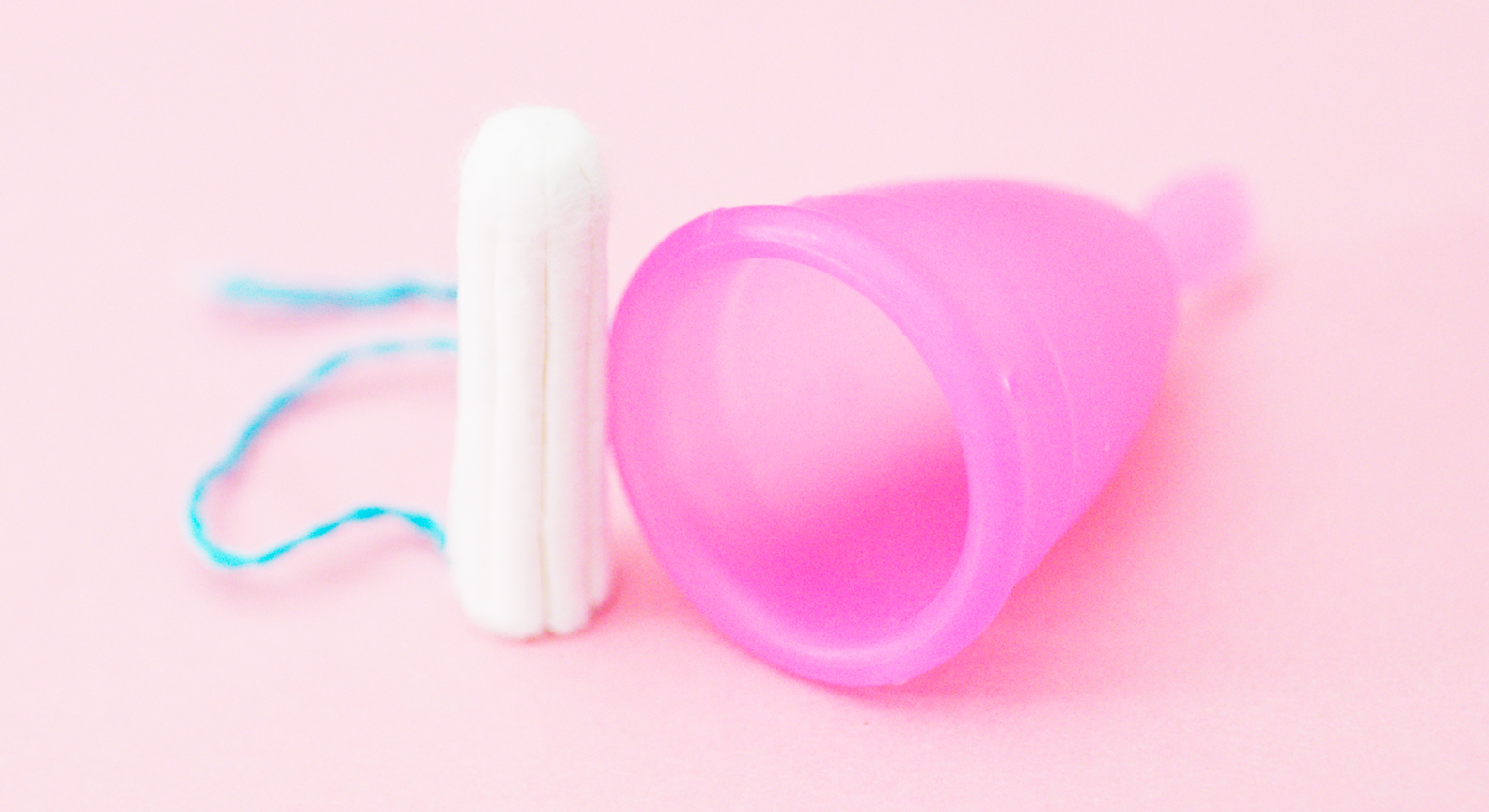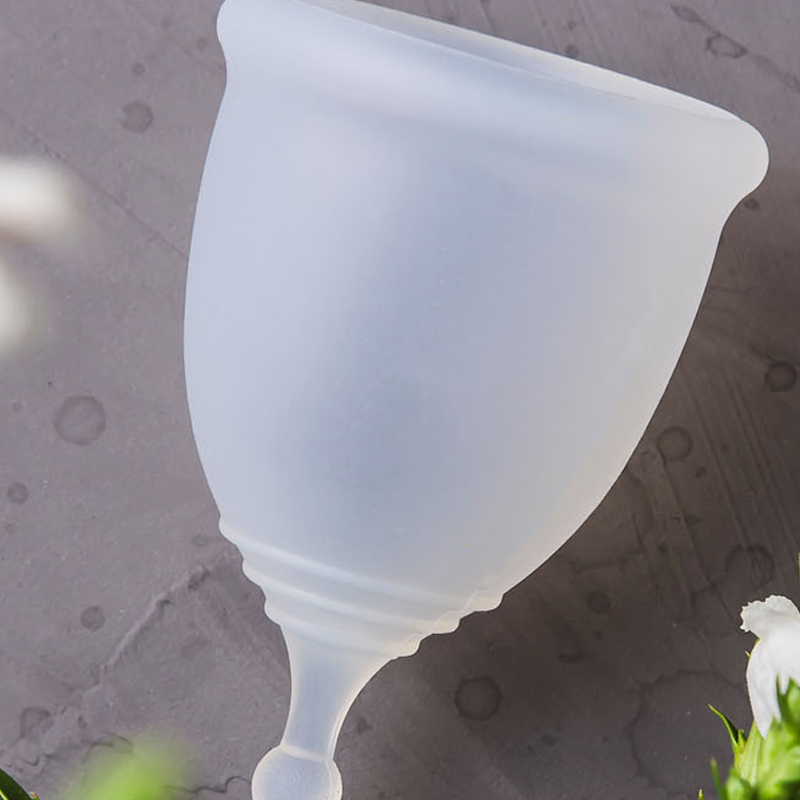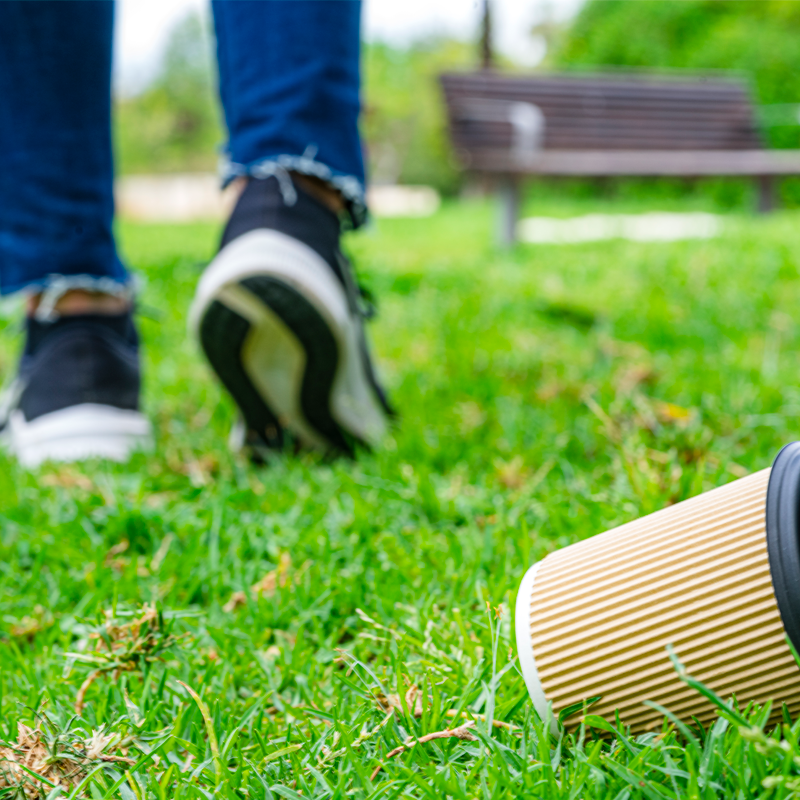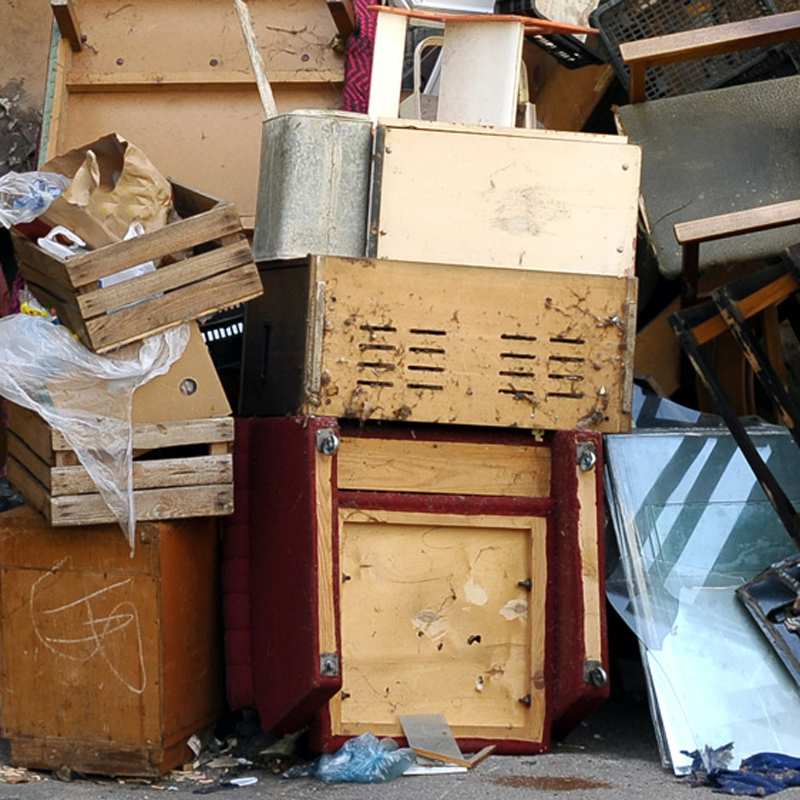
Consumer attitudes towards reusable menstrual products in Scotland
One in ten Scots have already switched to reusable period products – and far more are willing to try.
More than 400 million single-use period products are disposed of each year in Scotland.
This vast amount of menstrual waste contains a mix of plastics and other synthetic materials which is sent to landfill as they cannot be recycled.
A significant amount also ends up in our oceans as marine litter, with over 340,000 tampons and pantyliners estimated to be flushed down the toilet every day.
Reducing this waste would help combat the climate emergency as well as reducing pollution.
With the average woman estimated to use 11,000 period products in her lifetime, individuals could really make a difference.
A switch to more sustainable, reusable options wherever possible - such as the menstrual cup, washable cloth pads and period-proof underwear - would help tackle this little-talked about problem in our throwaway society.
Our new in-depth study aimed to understand what would motivate or discourage people to move from single-use disposable products - such as liners, pads and tampons - to one or more of the reusable alternatives is now available.
Our research confirmed that whilst disposable options are the most commonly used period products, 10 per cent of people we surveyed said they were using reusables. Behaviour is ingrained when it comes to managing menstruation, with two-thirds of people saying they always used the same period product. However, around three-quarters said they would consider trying at least one reusable option.
When it comes to awareness, roughly half of the people surveyed knew reusable products existed, but had never tried them and were unfamiliar with how they worked.
We also found that while being more environmentally friendly was viewed as a benefit of switching to reusable period products, this was not a key driver for anyone deciding to make the change - even for people with strong environmental views. In all cases, personal and practical factors such as reliability, comfort and hygiene were more important. This is a valuable finding to help encourage more people to change their behaviour.
The full report on our study was undertaken on behalf of Zero Waste Scotland by market research experts, Progressive Partnership, in August 2019.






